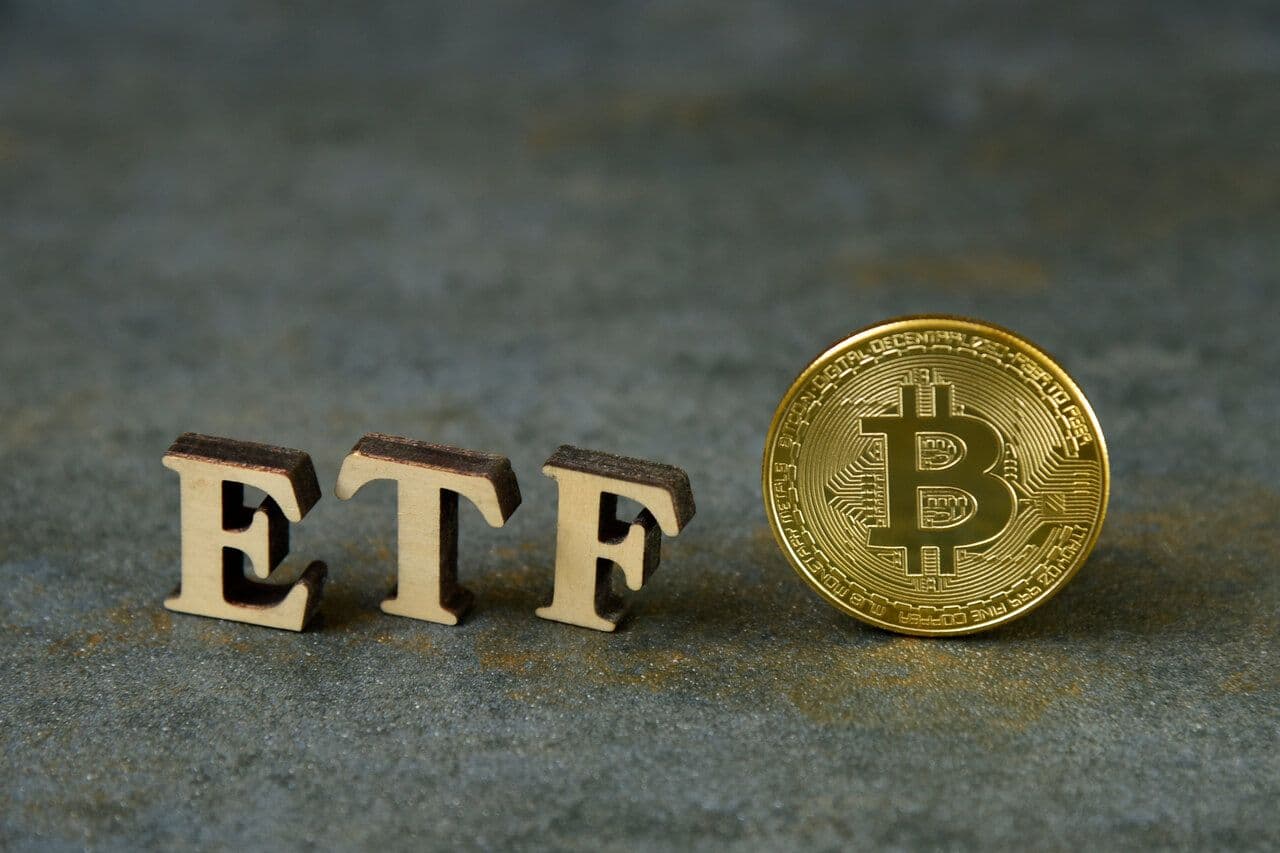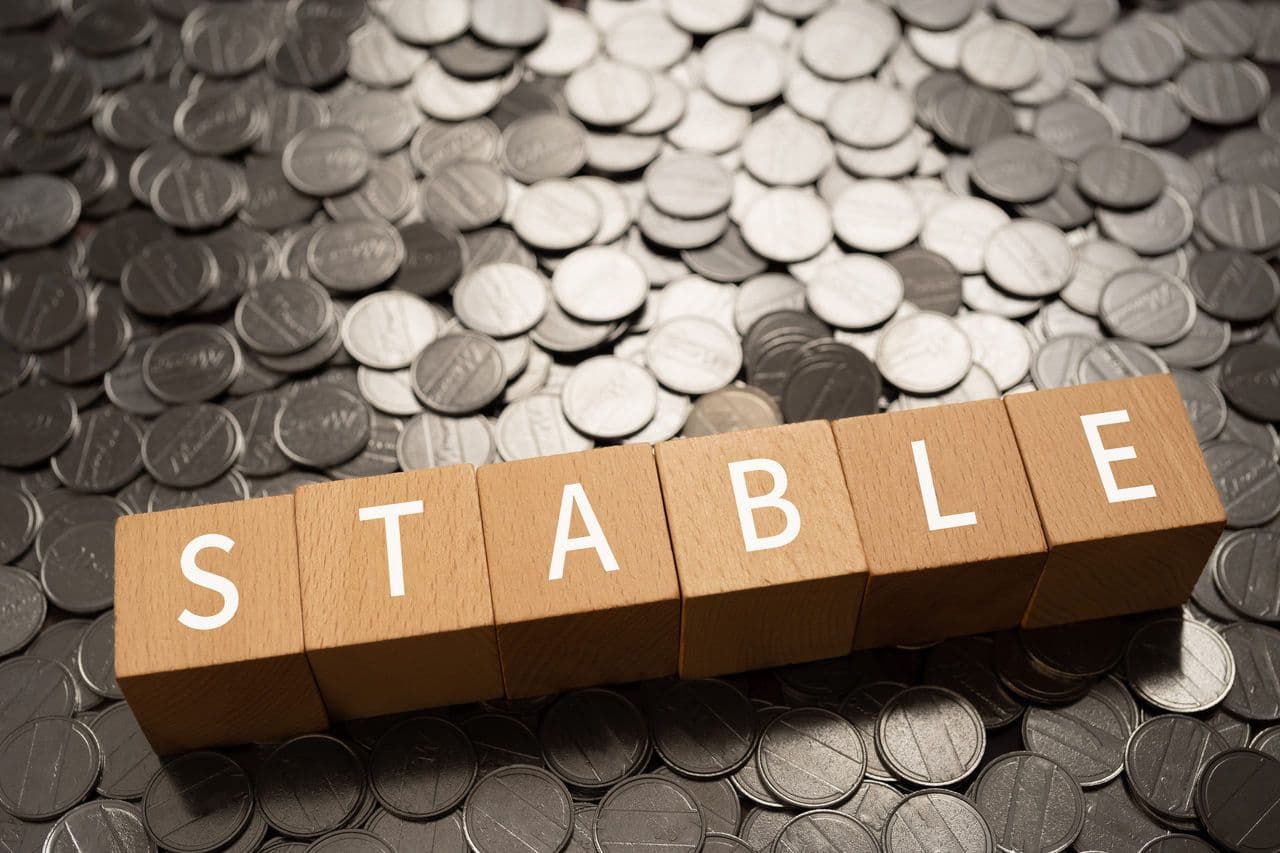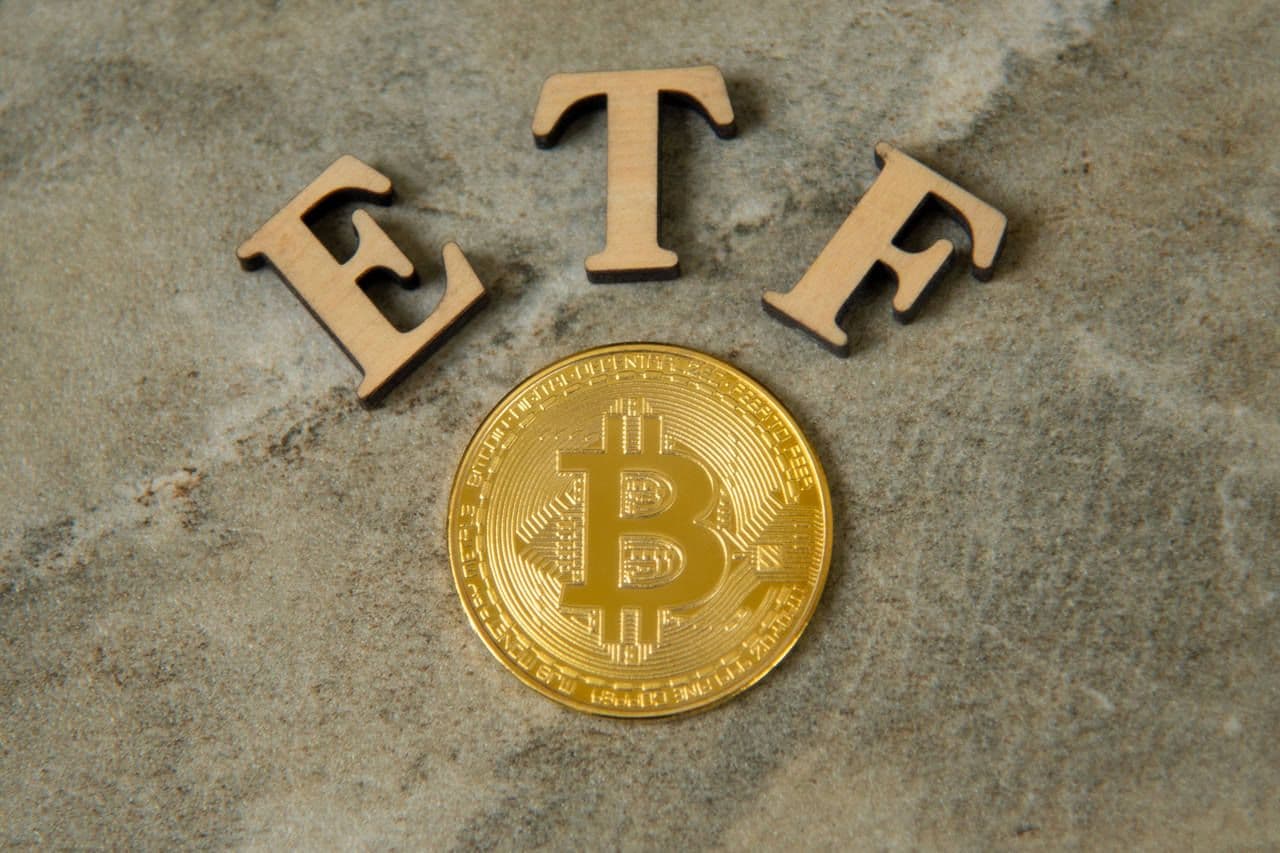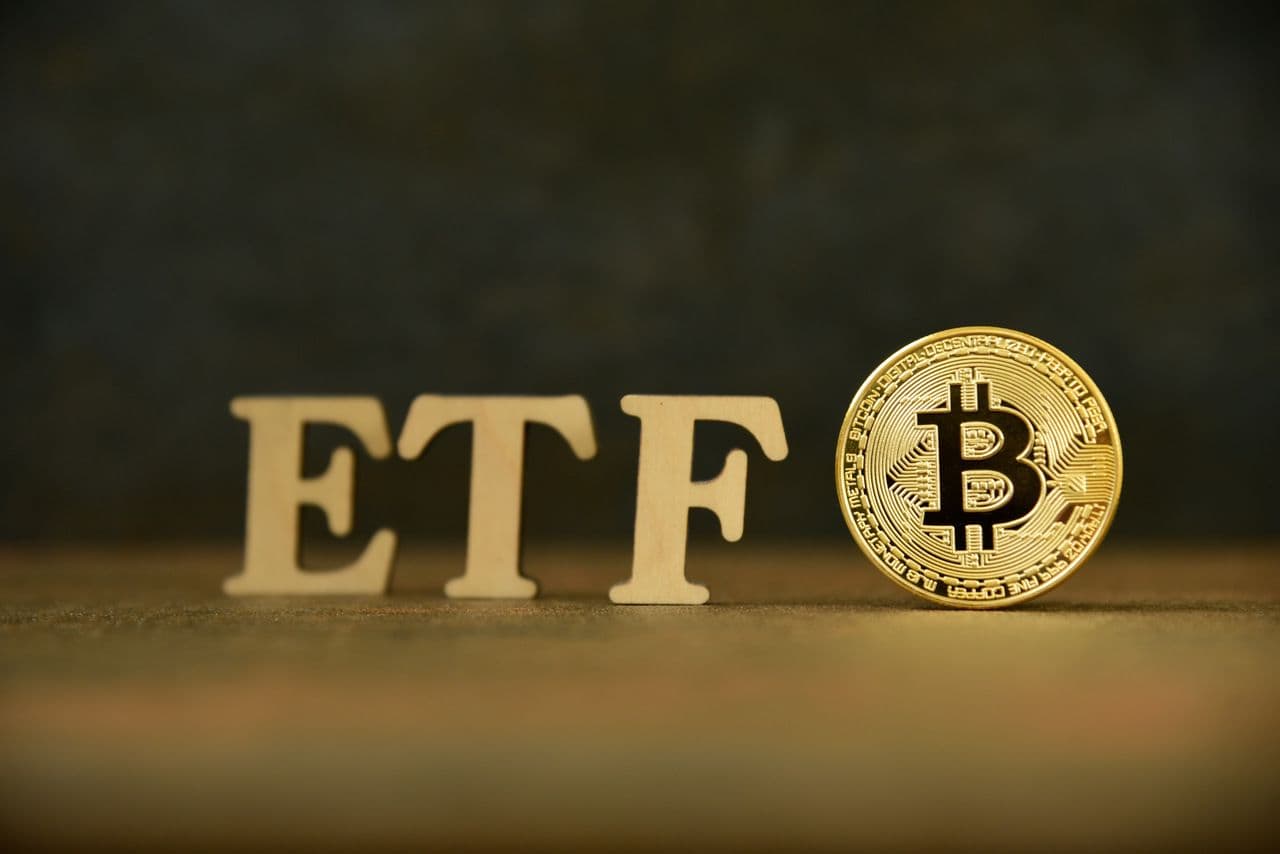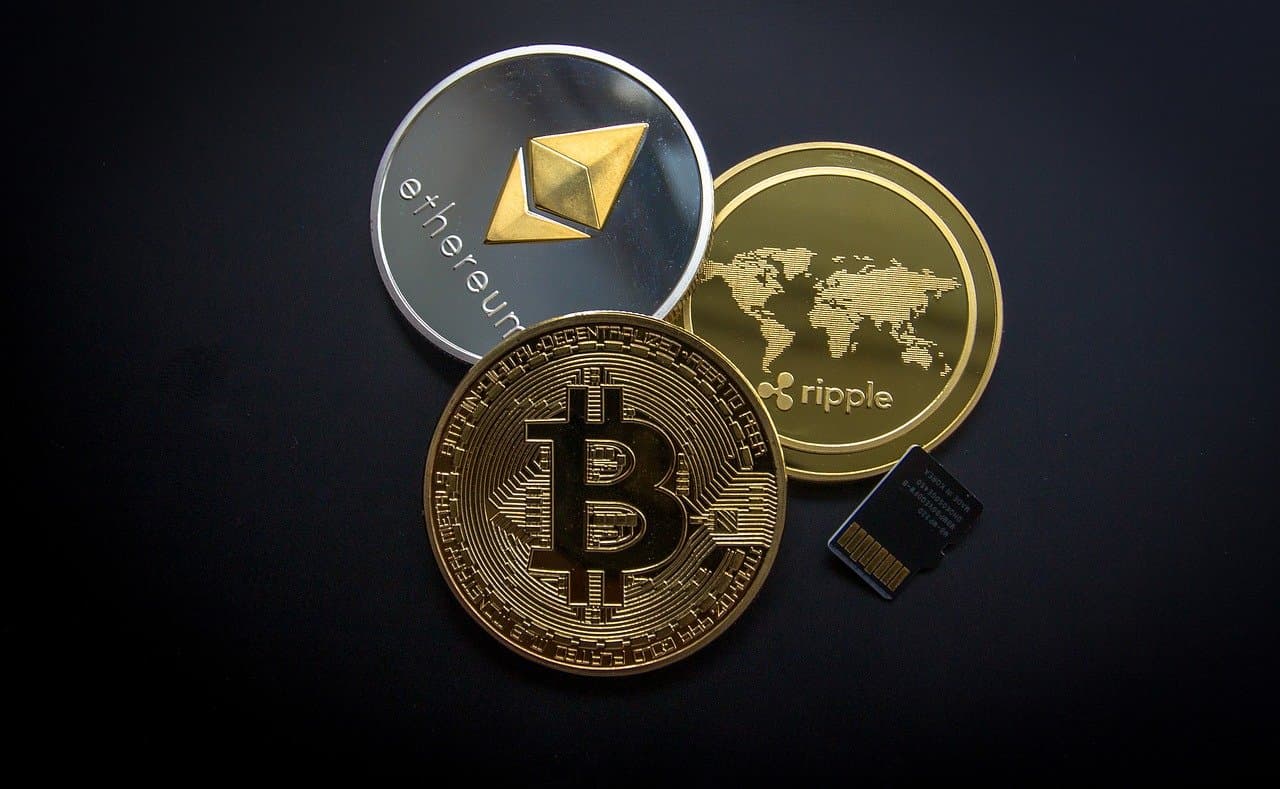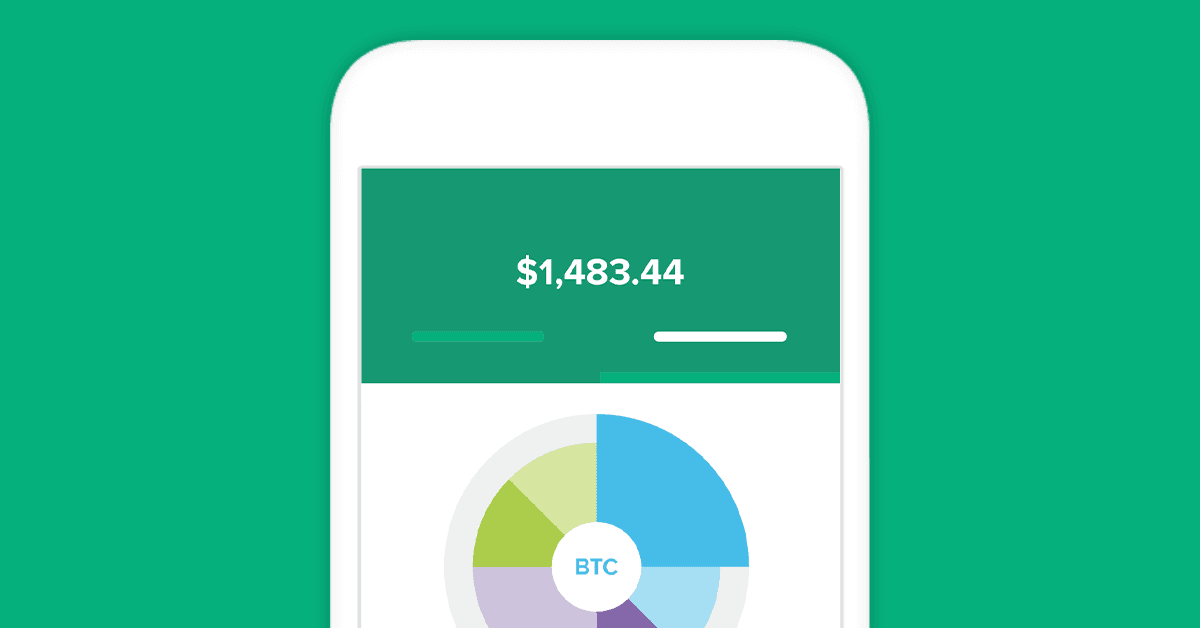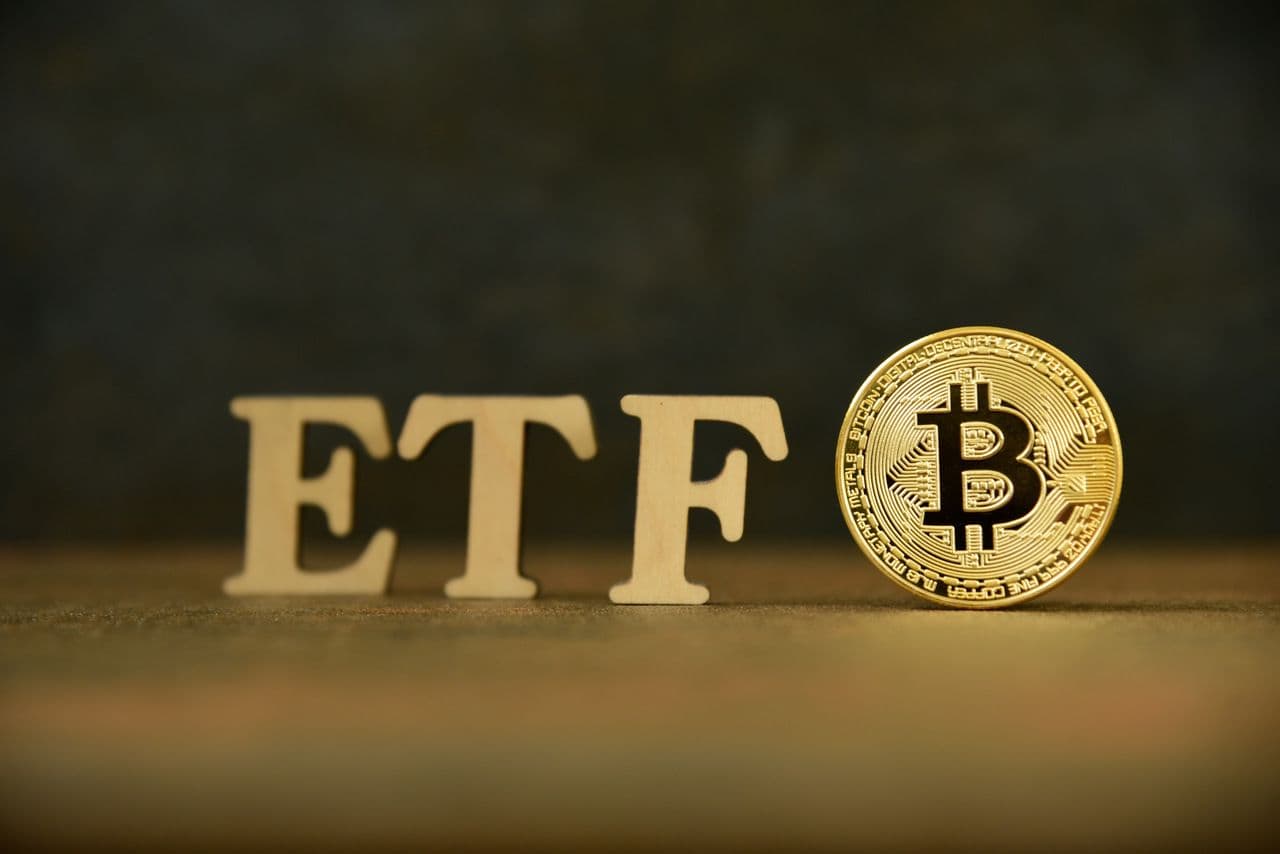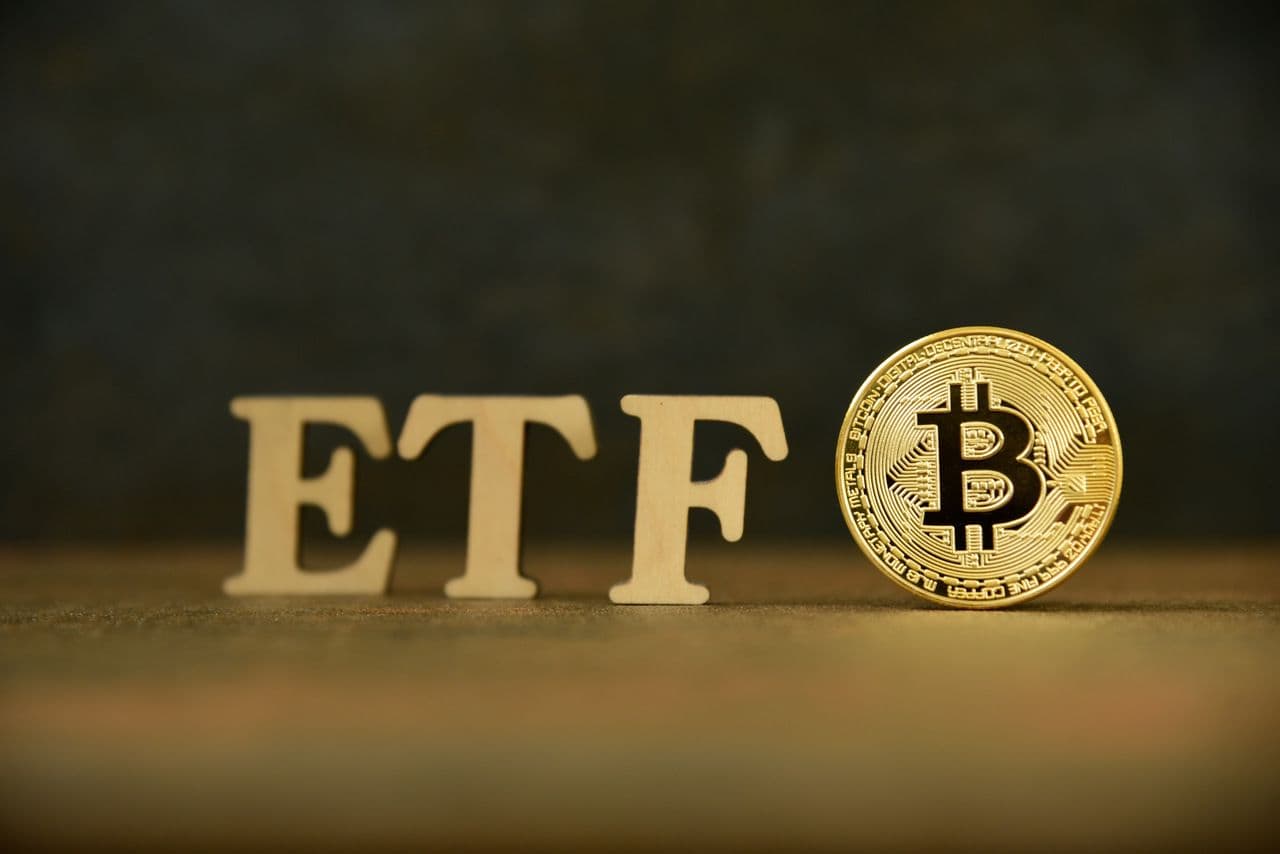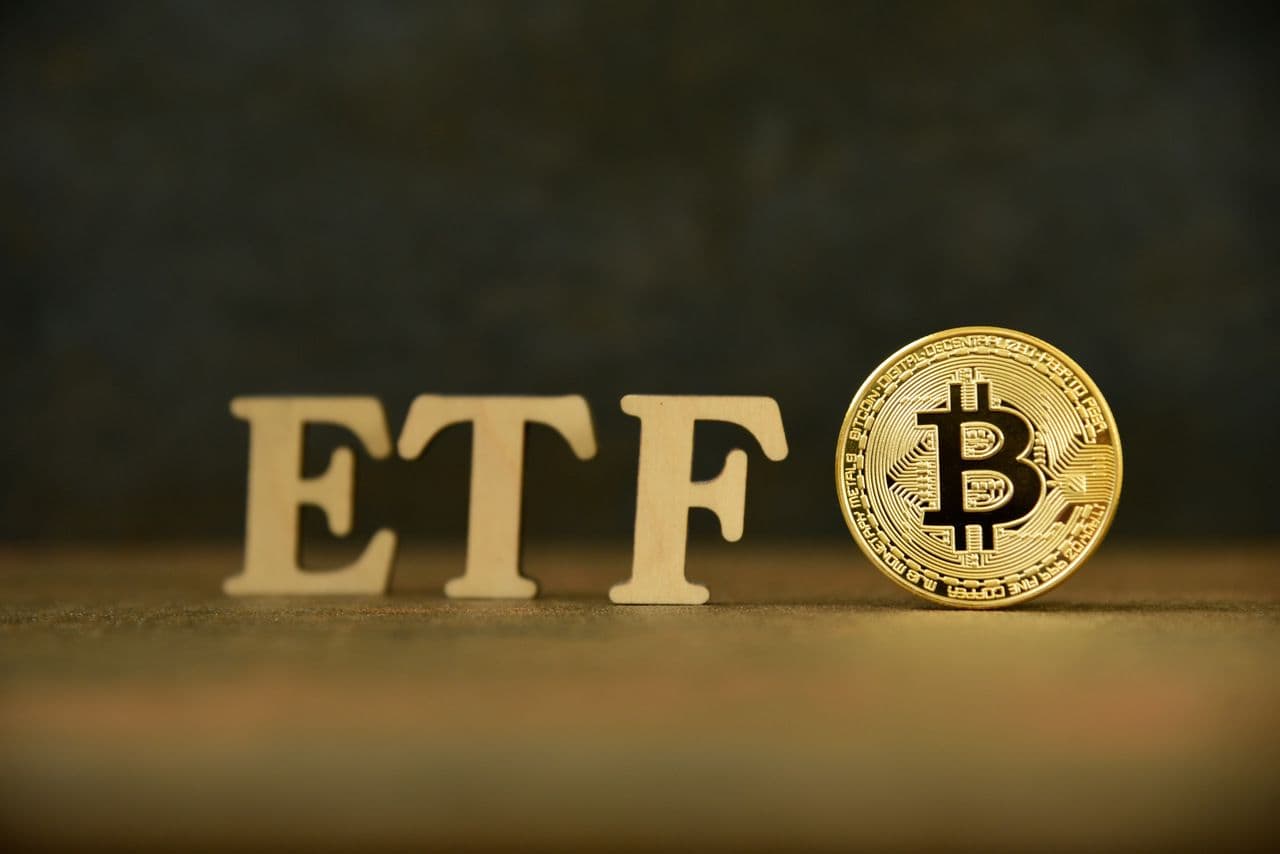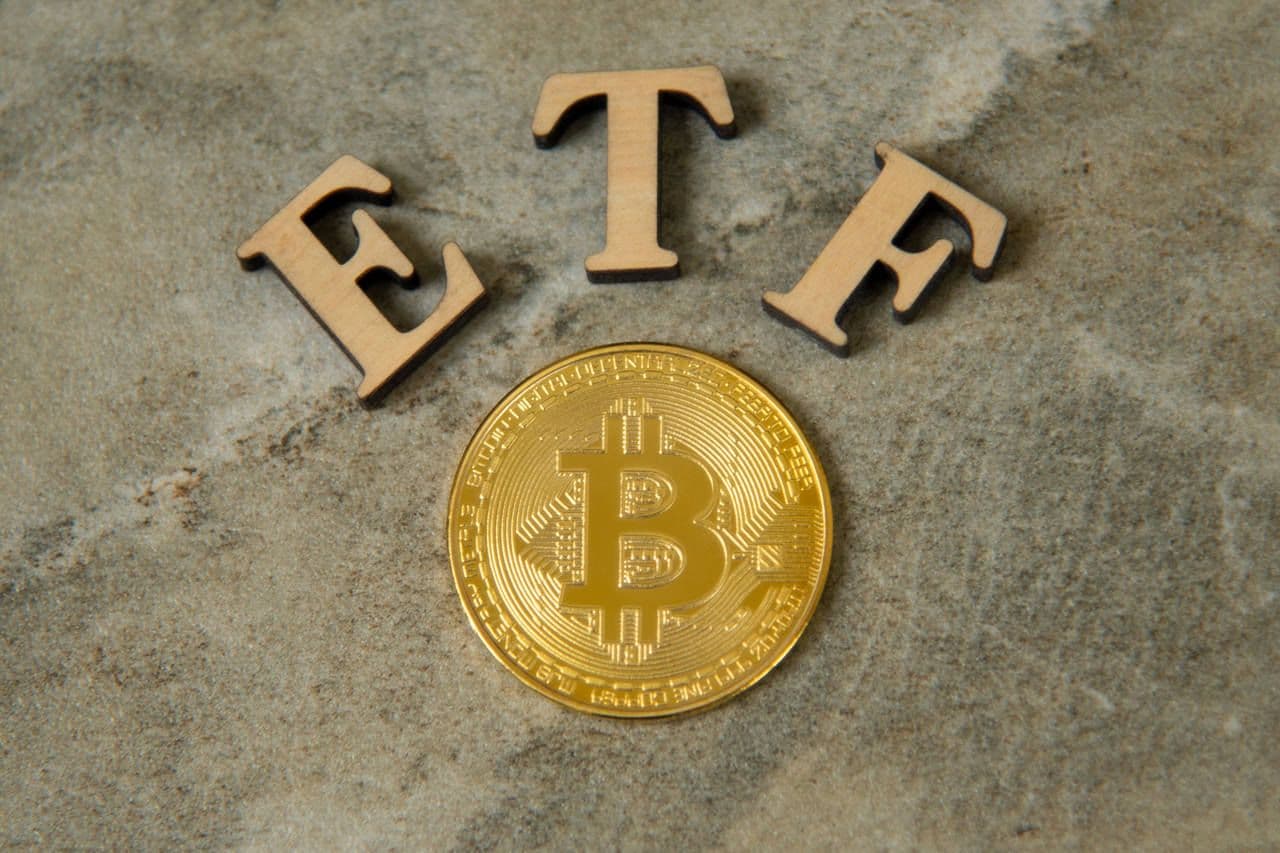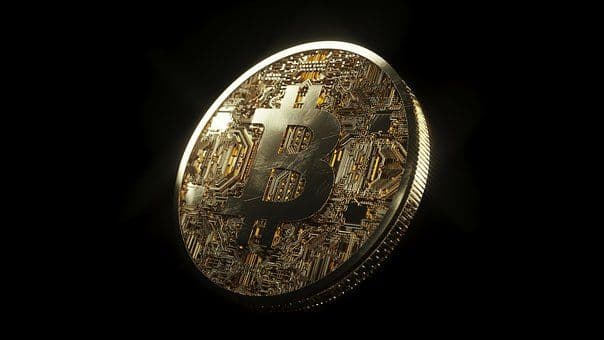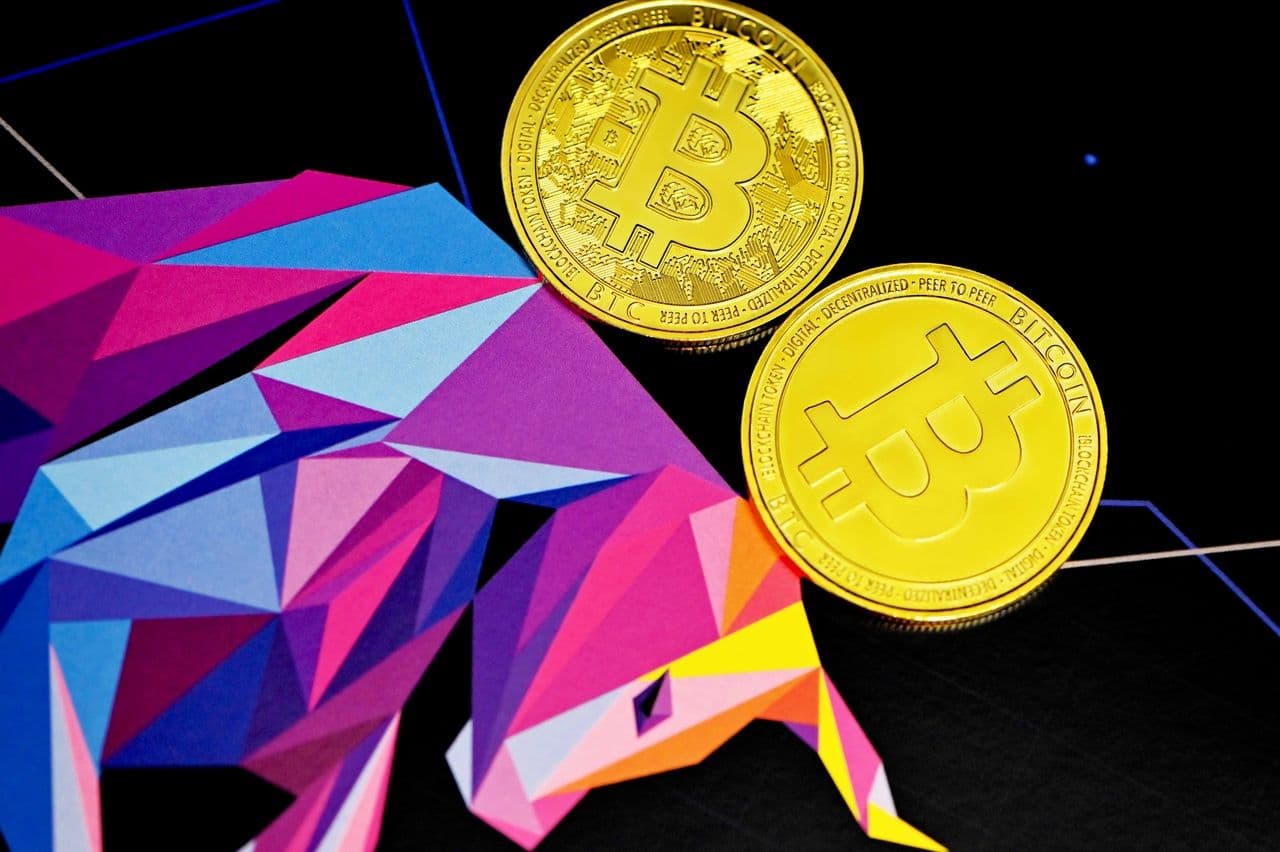Aktuelle Bitcoin ETF Vorschläge und -Entscheidungen
Die US-amerikanische Securities and Exchange Commission hat einen ETF für Kryptowährung noch nicht genehmigt.

In most emerging nations, the lack of transparency in data management is a huge issue due to fraud and corruption in both public and private sectors. Indonesia, the fourth most populated country in the world, also faces the same problem due to a lack of expertise and resources. Therefore, to make a change, the Southeast Asia nation plans to bring blockchain into the equation.
How Does Blockchain Help
In its essence, blockchain is the digital data structure that forms the basis of cryptocurrencies. With this methodology, every transaction in the network is processed by a set of decentralized nodes, which will then be recorded on a shared public ledger called the “blockchain”.
Therefore, the blockchain approach to data management will prove highly effective when it comes to combating fraud and corruption since the data on a blockchain is immutable and cannot be tampered with. Moreover, federal audits can also be performed and presented with maximum transparency, since the record is done on a public ledger and is always accessible to the general public at any point in time. Considering that Indonesia has over 250 million people spread across 17,000 islands, the use of blockchain will ensure data accuracy in sectors like personal information to food output.
Blockchain for Taxes & Politics
One of the fields that require the governance of blockchain is the tax system in Indonesia. Addressing this dire issue, tech firm Online Pajak recently introduced a blockchain-driven app that allows customers to share encrypted tax data with institutions such as banks, the central bank, as well as the tax and treasury offices.
According to Online Pajak founder Charles Guinot, the app will be able to reduce paperwork and increase transparency, allowing taxpayers to know for sure that they have paid their dues.
“Today in Indonesia, there’s no proof you’ve paid,” Guinot reasoned at a product launch event last week.
Furthermore, with blockchain, the voting process in democracies like Indonesia will be rid of corruption or manipulation. Since every transaction and record on the blockchain is permanent, it wouldn’t be possible for any political parties to alter the final vote count or perform double-voting. Thus, the blockchain verification process will help clarify any uncertainties might ensue after the general election has ended.
There are also a variety of other sectors where blockchain can shine in – banking, agriculture, and health are among some of the unlisted few. Nevertheless, Iwan Djuniardi, the tax office’s director of transformational technology, fears that it might take forever for Indonesia to adopt blockchain technology on a nationwide basis.
“It takes time to process a management change before we adopt a new technology. Even cloud technology is still being debated, let alone blockchain,” Djuniardi said.



